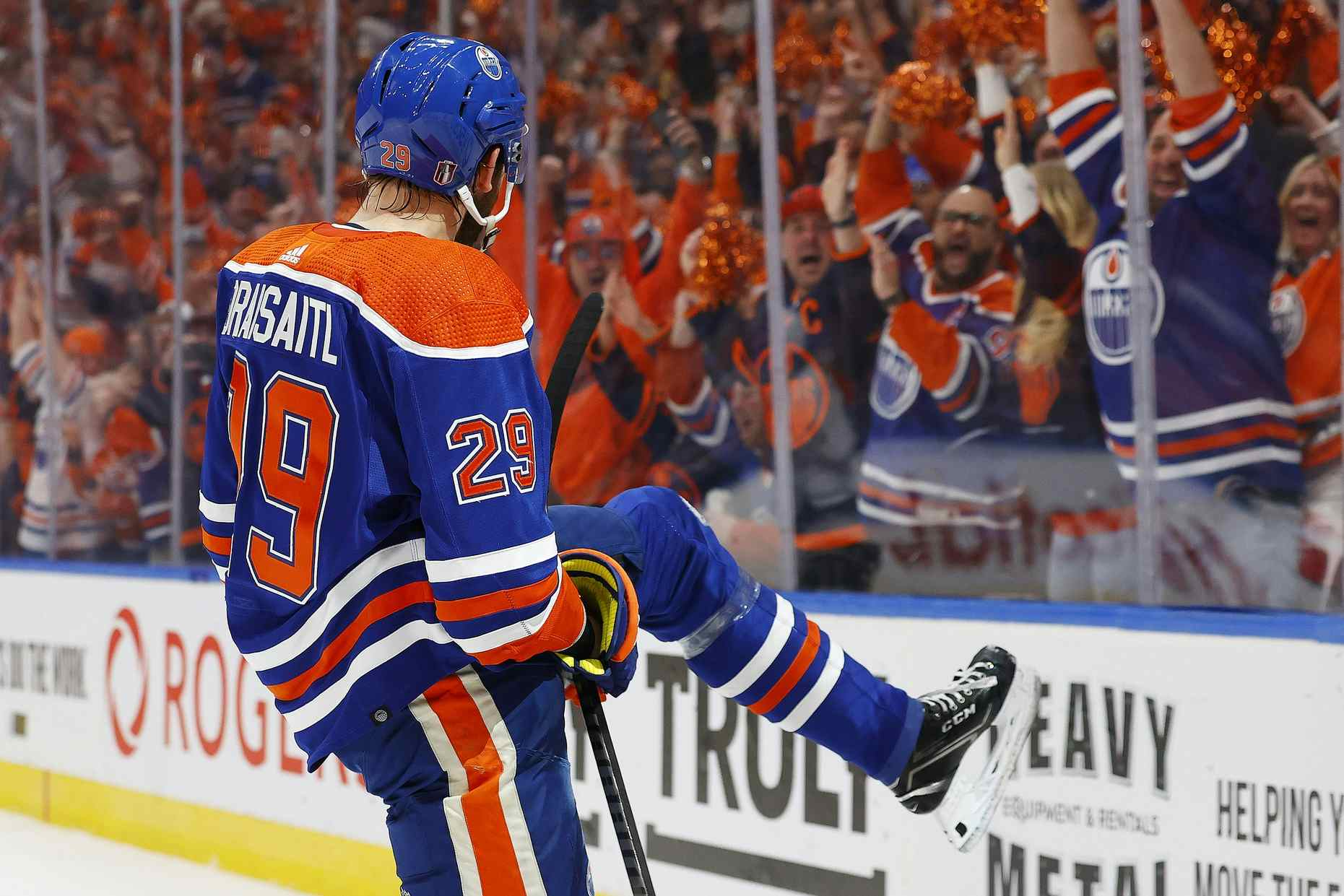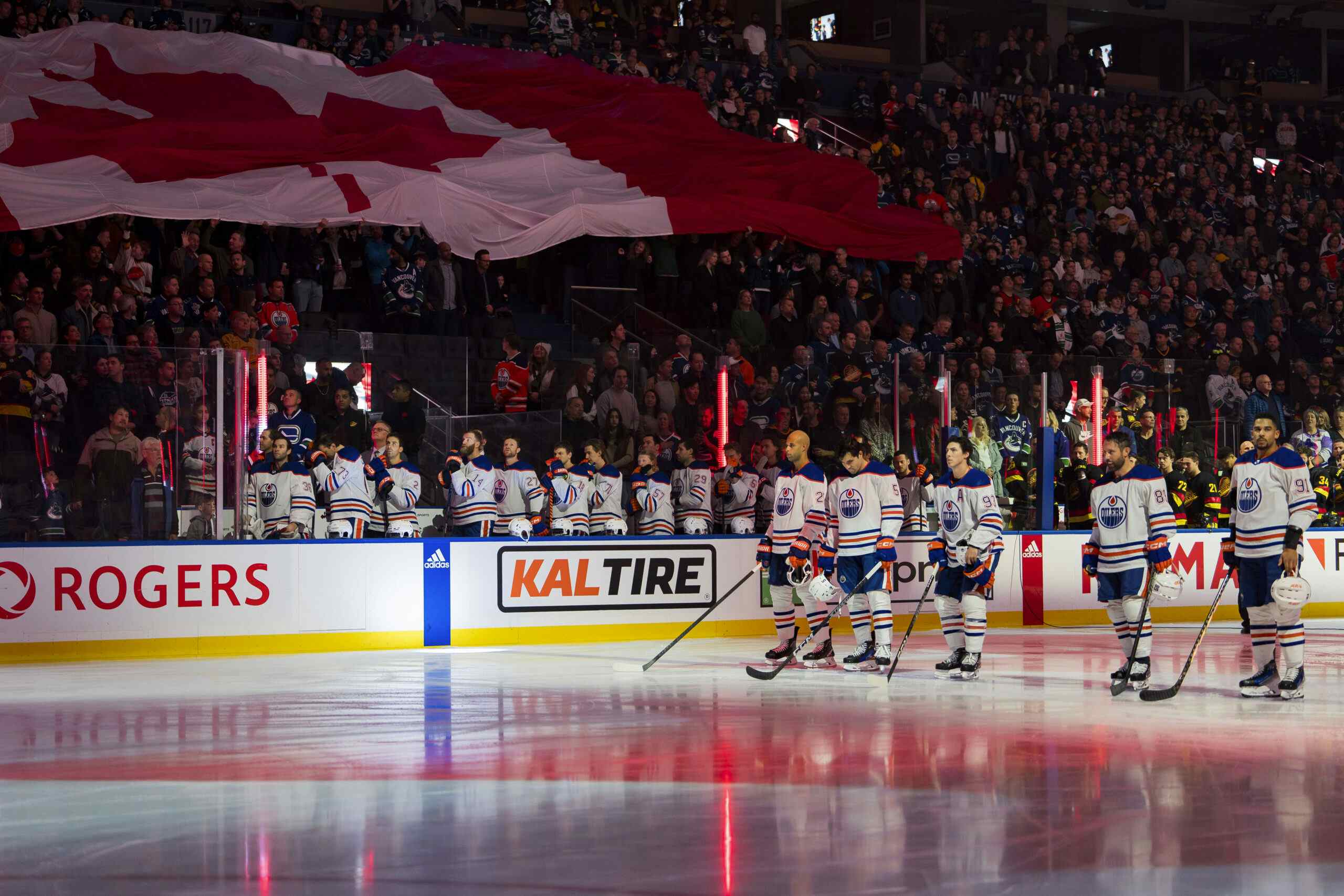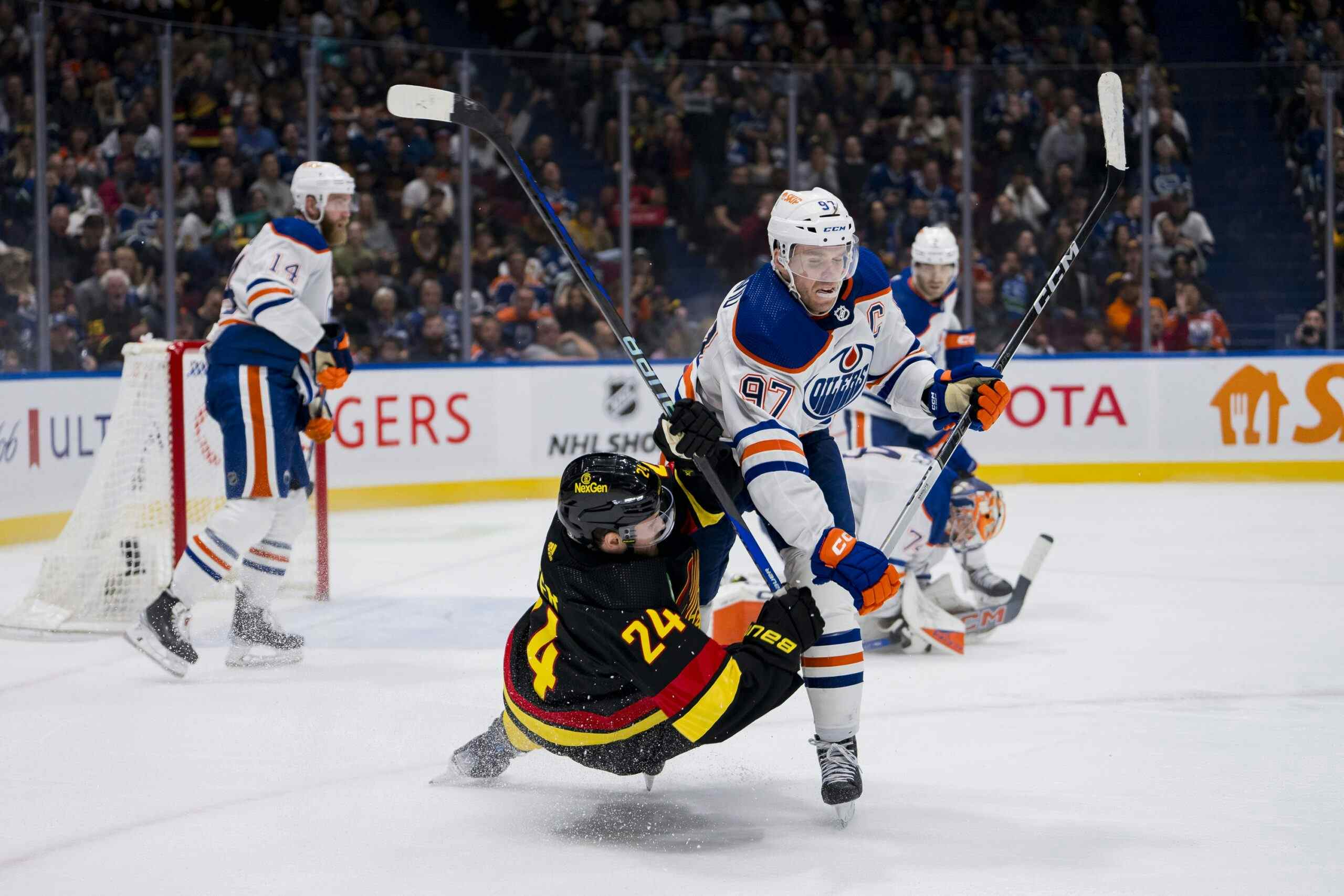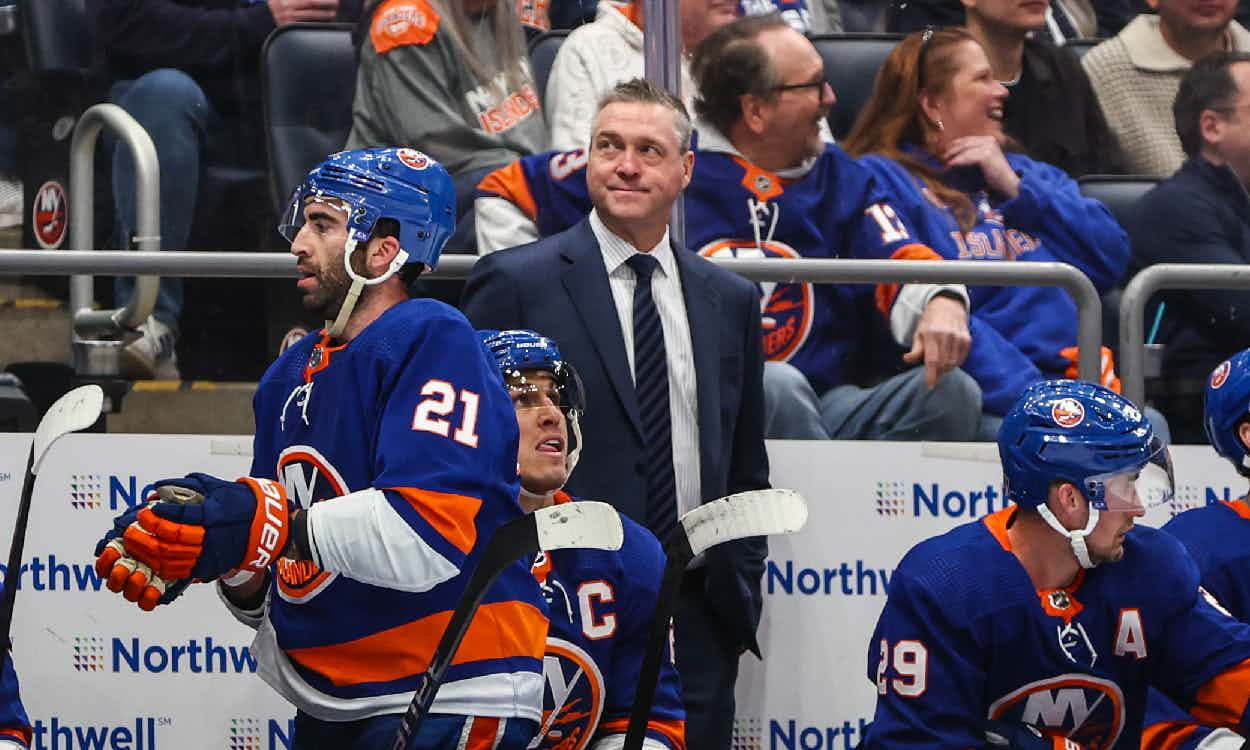It’s time to change the NHL Awards process

The Professional Hockey Writers’ Association votes on most of the NHL’s major awards – the Hart, Norris, Calder, Selke, Conn Smythe, Lady Byng and Bill Masterton trophies are all decided by hockey’s scribes.
The time has come for the writers to step up and improve transparency.
As It Stands
Right now, three groups of PHWA members vote on league awards. Of the 285 members, roughly 180 vote, with those voters “split as evenly as possible between the two Conferences.”
Voters may disclose who they voted for, but the total list of voters and their ballots is kept anonymous, preventing any outside scrutiny of the process. Systemic biases – for instance, it’s been (reasonably) suggested that many “national” writers are based in places like Toronto, and thus would have an Eastern Conference skew to their voting – may or may not be present; there’s simply no way to know. Certain teams are either over- or under-represented as part of the whole; again there’s no way to tell if this factors into voting because of the way the process unfolds.
As It Should Be
The entire process should be far more open to public scrutiny, with both voting lists and individual ballots publicized.
Beat reporters frequently talk to players during their worst times – after a bad game, after a healthy scratch, during a bad season – and often when that player is not made available to the media it becomes a badge of shame. Look no further than Nail Yakupov being labeled a prima donna after he declined to speak to reporters during this year’s world championships or the continuing reaction to Phil Kessel’s troubles with the media in Toronto. Coming out and speaking to the media may yield little but a few mumbled clichés, but it is seen as a vital part of being accountable as a professional hockey player.
If a professional hockey player needs to be accountable, why should a professional hockey writer be any different? (For that matter, isn’t one of the selling points of the mainstream media as superior to “anonymous bloggers” the fact that they’re willing to put their name to their work?)
I don’t spend a lot of time referencing baseball, but this is one area where the PHWA could take a real lesson from the Baseball Writers’ Association of America. The BBWAA runs a website where it lists its objectives, includes its constitution, and publishes the ballots of the members voting on each of its awards. The voting process is clear and transparent, and there’s never any question about who voted for Jassen Cullimore as one of the league’s best defencemen.
The Hockey News’ Ken Campbell (laudably, like many other PHWA members) made the decision to publicize his awards ballot, but then argued that the reaction he got was a good argument against making all ballots public:
The problem is that the same rationale works for any opinion; some people will react harshly if I opine that the Oilers need to upgrade their starting goaltender if they want to win, while others will react in the same manner if I say that Devan Dubnyk is good enough to win the Stanley cup in a starting role. I have yet to see a hockey writer who can get through his entire career without making a controversial opinion; Campbell’s argument is an argument in favour of having researched, defensible opinions, not one in favour of using the defence of anonymity to shield opinion-havers from negative feedback. Negative reaction from the internet is still relatively new but it isn’t going away anytime soon for sports writers; those who can’t handle it are probably in the wrong profession.
Puck Daddy editor Greg Wyshynski makes a different argument about anonymous balloting:
It’s a fair point, and it’s not hard to imagine the impact this could have. I certainly thought about fan reaction when I wrote here at Oilers Nation that I’d choose Brodin over Yakupov for rookie of the year. But it’s also worth noting that there is an additional set of pressures: the pressure of not looking like a homer to a national audience. Going back to Jassen Cullimore as an example – under the current system, his biggest fan can write that he feels Cullimore is one of the league’s best defencemen from the shelter of anonymity; is he more or less likely to regret that choice in a world of anonymous voting or one where everyone can see his ballot?
Additionally, this is a challenge reporters already face. When a pivotal penalty call is made against the home side and it’s a call that could have gone either way but they generally agree with, do they curry favour with the home fans by ridiculing the call or stand by their beliefs? The best ones have the courage of their convictions and aren’t afraid to make the unpopular argument that they can back up with fact.
The bottom line is this: reporters and journalists are the public’s champions of transparency. In sports, they ask questions fans aren’t in a position to ask, and reveal information that fans aren’t in a position to know. At their best, they expose, they don’t hide. Why should the awards process be an exception to that rule?
STREAKCRED
Sign up for StreakCred – the new playoff pool game from the Nation Network. For only $20 you can win solid prizes and a portion of the proceeds go to supporting the MS Bike Tour and the Edmonton Down Syndrome Society. Sign up here.
Recently around the Nation Network
Jeff Veillette, writing on The Faceoff Myth at Leafs Nation, suggests that the hockey world places far too much emphasis on a player’s ability to win a draw:
While faceoff ability is a positive asset, the reality is that the practical difference between a "great" and "poor" drawman is almost insignificant. What you can do after the draw is won or lost becomes much more important.
Click on the link above to read more, or check out some recent pieces here at Oilers Nation:
Recent articles from Jonathan Willis





